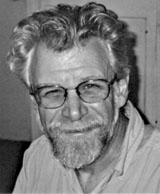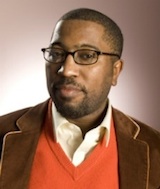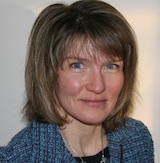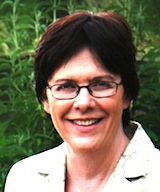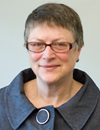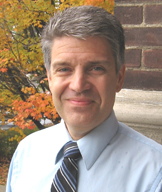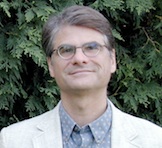William Mierse, Professor of Art and Art History
The lack of surviving textiles is one of the major gaps in our understanding of ancient art. We know that they were important. But the archaeological record has preserved few examples until quite recently. Over the last twenty years excavations in the Taklimakan Desert in China’s Xinjiang Province have begun to reveal rich finds of textiles. These objects are forcing us to change our understanding of the nature of the artistic exchanges between the ancient Mediterranean and Chinese regions and are providing us with a glimpse of the sophisticated artistic production that occurred in Central Asia where influences from the West and the East came together along with indigenous cultural forces to produce these textile works. In this talk, Mierse explores one particularly intriguing textile find from Yingpan.
Professor Mierse has been at UVM since 1988 and serves in the Departments of Art and Art History and Classics. He was Chair of the Department of Art and Art History from 1994 to 2000. He also directed the program in Latin American Studies and co-founded and directed the Near Eastern Studies program. He is author of Temples and Towns in Roman Iberia: The Social and Architectural Dynamics of Sanctuary Designs from the Third Century B.C. to the Third Century A.D. and Ocho Ensayos Intrepretivos sobre el Arte Romano; and co-author of Sardis from Prehistoric to Roman Times. His newest book, Temples and Sanctuaries from the Early Iron Age Levant, Recovery after Collapse, is due to appear in 2012.


